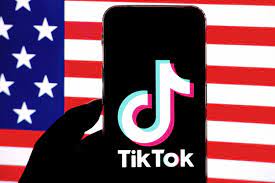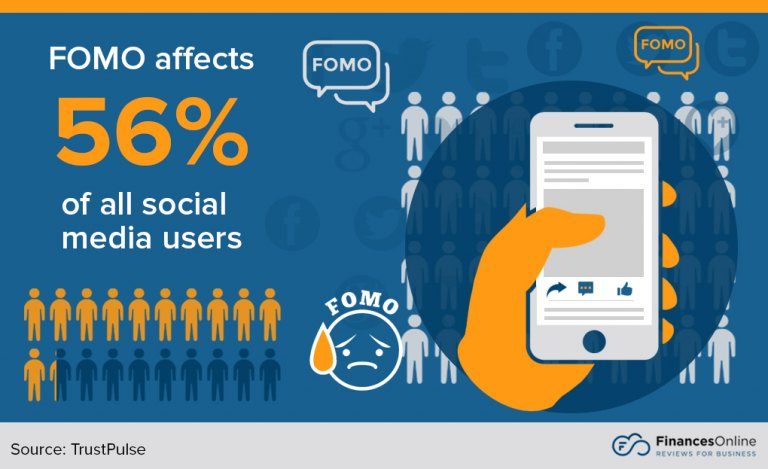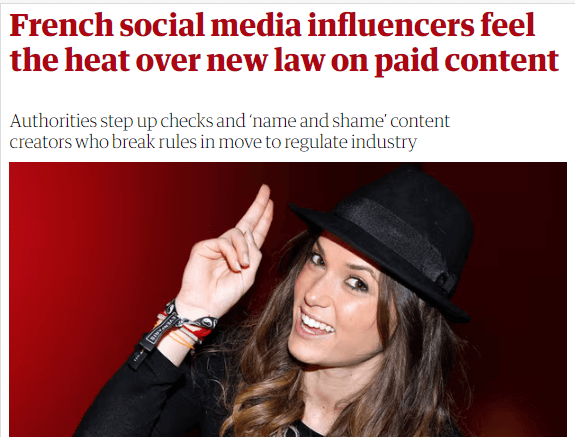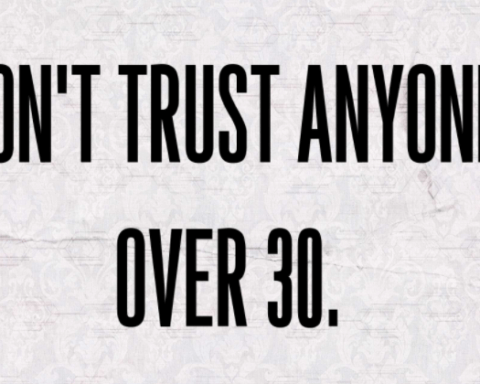In a November 6, 2023 article at the Wired website, writer Jason Parham has finally realized something. Millennials are finally “getting it.” To quote the article: “This is how it goes now, in what is being christened the twilight of an era of social media that redefined community building and digital correspondence. For many first-gen social media users—millennials between the ages of 27 and 42—there is a developing sentiment that the party is over.”
TikTok, launched in 2016, is finally being recognized for all of its irrelevance. The article states: “TikTok, what originally felt like a glossier alternative to YouTube, increasingly resembles an outlet mall full of “dupes,” prizing hype over lasting influence.” I guess critical thinking wasn’t high on the list of things that needed to be mastered. The ability to recognize sloppy junk and the ulterior motives of such applications has finally arrived, none too soon, and possibly too late for a generation.
… (TikTok) increasingly resembles an outlet mall full of “dupes,” prizing hype over lasting influence.”
Ana Teresa Solá
In an amazing analysis, the article cites the gibberish of much of the social media: “Social media today is less driven by actual social connection. It is powered by the “appearance of social connection,” says Marlon Twyman II, a quantitative social scientist at USC Annenberg who specializes in social network analysis. “Human relationships have suffered and their complexity has diminished. Because many of our interactions are now occurring in platforms designed to promote transactional interactions that provide feedback in the form of attention metrics, many people do not have much experience or practice interacting with people in settings where there are collective or communal goals for a larger group.” This has also led to people being more image-conscious and identity-focused in real-world interactions, too, Twyman adds.”
All of the sleep lost, all of the “being in the know” and the Fear Of Missing Out, or FOMO, as it is so often cited, is beginning to wear off. Being on the cutting edge is more of a youthful desire, but many of the “cutting edge” internet characters were not innovators, they were simply critics spouting disagreement rather than critical thinking, of which they had little. The sponsors were interested in money, and the more addictive they could make their applications, the more money they generated, and that was their prime motivator; all of the corporate goals and mission statements were little more than public fodder. More on the sponsors in just a bit.
Yes, there is a world out there with many things happening, but looking at a screen is hardly being part of it, although it was and is certainly beneficial to those who have physical or economic restraints. What was most disturbing to some of us was that the desire was constant and the unbridled disappointment that many people had over not having access to all the cool stuff going on; it became (and still is) an addiction, and the absolute obsession that many younger people had was disturbing, in that the addiction was interfering with normal life, and especially their education. The desire for knowledge and time spent mastering academic concepts was almost completely obliterated by FOMO. Let’s not forget that all the more time spent indulging in apps also put more money in the pockets of people whose interest was only in making money, not building better youth or society.
To quote Parham: “What I won’t pay for is an app that has no common sense, one that doesn’t work toward a collective end. Perhaps the matter at hand is an accessibility issue. The internet promised us access, but I didn’t realize the totality of what that meant. It meant always being plugged in, available, in the know and up to date on what’s trending. That is a requirement of time that I no longer wish to give over.” Don’t know how long it took Parham to figure that out, but glad he drew the conclusion.
Now for the information that the “influencers” don’t want you to know; as reported in the British publication The Guardian November 11, 2023. On the day in question, the French government announced that the party was over, that “influencers” would have to report who is sending them checks. I know it sounds hard to believe, but many, if not all of the “influencers” were giving knowledgeable advice (yeah right) while being paid by the very companies whose products they endorsed. I was shocked, shocked, to hear that the influencers were simply the snake-oil salesmen of the twenty-first century, and not the caring, honest advisors we thought them to be.
My paranoid thinking and conspiracy-theory hackles balloon to new levels when such an important piece of news comes out, and the only place I see it is in an English publication which espouses independent journalism. Obviously, the multinational corporations who pay for “influencers” in the United States have a vested interest in said “influencers” not reporting that they are being paid handsomely for their less-than-honest opinions. All the French legislation does is require the French influencers to tell the truth about where they’re getting their Francs, and imposes fines or jail time for not being honest about who is paying them. Ah, the truth, you know, the information that changes your perception of something or someone; like learning that your used-car salesperson did five years in the joint for fraud, or learning that McDonald’s French fries tasted so good because they were dipped in beef tallow.
Not to worry, you potential multimillionaire adolescents who aspire to be one of those influencers: the U.S. Congress is not about to pass any legislation that requires honesty about where influencers get their money, just as they try not to reveal who gives them campaign money.
Even if such legislation was passed forcing influencers to reveal who is paying for their designer clothes, expensive vacations, high-end cars and multimillion dollar mansions, the corporations would set up dummy foundations with which to launder their donations. I admire the French, and I admire The Guardian and sometime before I stop breathing I plan on taking ten seconds out of my busy day and witnessing for myself one of these “influencers.” As it is, I live on in ignorant bliss.
In the meantime, feel free to purchase products endorsed by self-proclaimed (and very wealthy) experts, found when browsing that icon of honesty, the internet.
Of course, the social titles will remain, as evidenced by this ~














